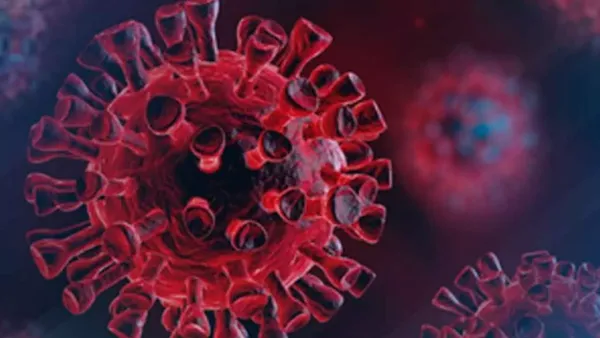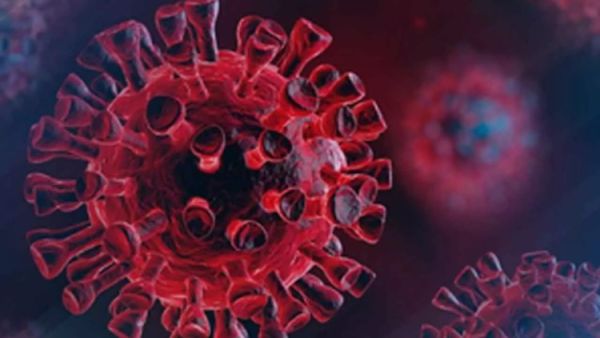
Researchers from Sweden have discovered blood biomarkers linked to long-term COVID symptoms, including severe respiratory conditions.

Long Covid is a disorder that follows an infection with the SARS-CoV-2 virus and is defined by enduring symptoms such as severe exhaustion and dyspnoea.
A group of proteins was found in the blood of individuals with lengthy Covid by the Karolinska Institutet researchers. The results might help with diagnosis and therapy in the future.
“The proteins were primarily detected in patients with severe respiratory issues and long Covid,” said Marcus Buggert, a docent at the Karolinska Institutet’s Department of Medicine.
“This is a biomarker pattern that we know to be linked to inflammatory signal pathways involved in cell death and lung damage and that has also been observed in other patient groups with severe pulmonary disorders,” he said.
Blood samples from 265 people who got COVID-19 in Sweden and the UK while there was no vaccination were analysed for the research.
The researchers linked the patient’s symptoms to hundreds of proteins they tested in the blood plasma using sophisticated methods.
The findings, which were published in the journal Nature Immunology, revealed the molecular mechanisms at play that might lead to severe symptoms in certain people years after they first contracted COVID-19.
“By identifying the proteins that are elevated in affected patients, we’re creating a platform from which to develop diagnostic tools and new targeted therapies,” said Dr. Buggert. “This is especially important since there are no specific biomarkers and treatments for long Covid.”
To find out what causes this pattern, the scientists will next examine gastrointestinal and lung tissue.
According to them, this will probably allow them to identify the origin of the proteins that have been found and determine if any tissue damage or inflammation is still present in certain organs of individuals with long-term COVID.